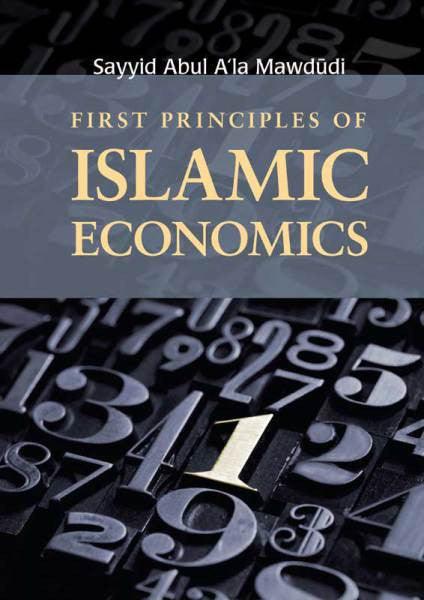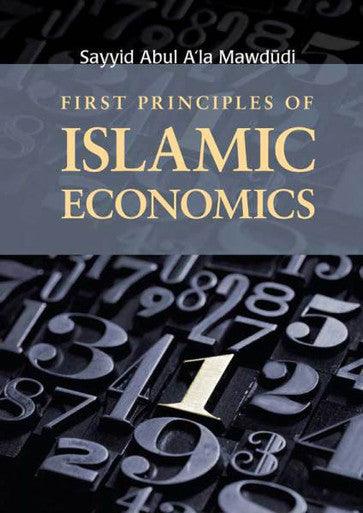kube publishing | SKU:
23144
First Principles of Islamic Economics
Regular price
£16.99 GBP
Unit price
Unavailable
Tax included
Shipping calculated at checkout.
First Principles of Islamic Economics is backordered and will ship as soon as it is back in stock.
Secure Payments
Secure Payments
Secure payments protect your information for a safe, trusted checkout experience.
Fast Shipping
Fast Shipping
Fast, reliable shipping ensures your Islamic books arrive quickly and safely.

kube publishing | SKU:
23144
Regular price
£16.99 GBP
Unit price
Unavailable
Tax included
Shipping calculated at checkout.
First Principles of Islamic Economics is backordered and will ship as soon as it is back in stock.
First Principles of Islamic Economics
13A
Sayyid Abul Al’a Mawdudi (1903 – 79), one of the leading Muslim intellectuals of the twentieth century, laid down the foundations of modern Islamic economics. Drawing upon Islamic sources, Mawdudi spelled out major elements of a new paradigm for economic analysis and policy, wherein economic pursuits take place in the context of moral values and directed towards achievement of personal and social objectives. Integral to this approach is the concept of non-usury which attempts to make efficiency and equity inseparable and interdependent. In an Islamic framework creation and distribution of wealth become instrumental in promoting individual and social well-being, opening up pathways to development, social justice and human welfare. This comprehensive anthology is an essential introduction to Islamic Economics. Khurshid Ahmad, who edited the Urdu original, Maashiyat-i-Islam, has contributed a substantial new Foreword to this authoritative English Translation by Shafaq Hashemi.Islamic economics in a modern setting has developed rapidly over recent decades. At the very foundation of this is the work of Sayyid Abul Ala Mawdudi which is gathered together in this book. It establishes the major tenets of the economics of Islam from its original historical and religious sources. This is an important text for all serious scholars of the subject.” – John Presley, Professor Emeritus of Economics, Loughborough University, recipient of the Islamic Development Bank Prize in Islamic Finance (2002).
Payment & Security
Payment methods
Your payment information is processed securely. We do not store credit card details nor have access to your credit card information.





